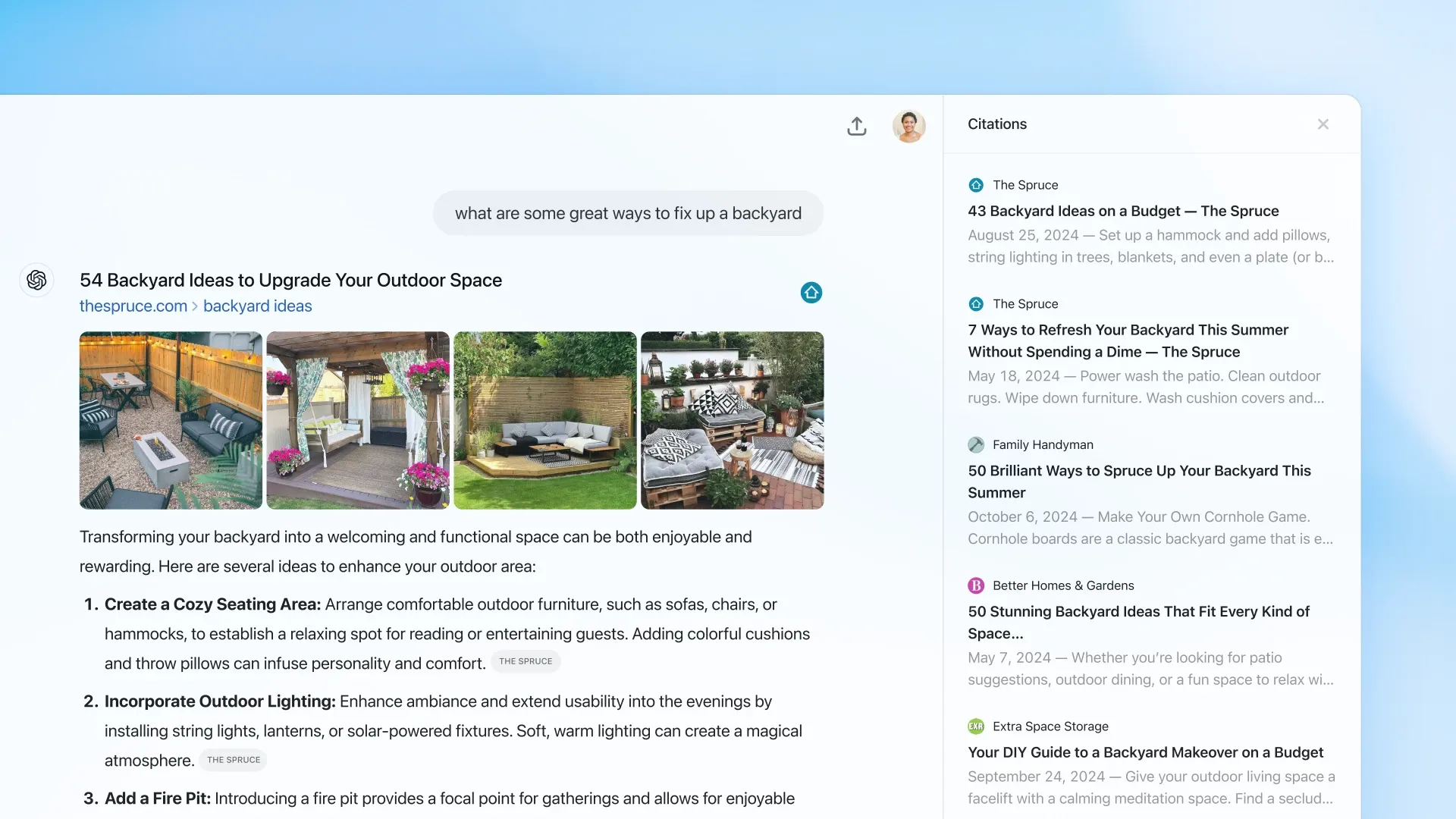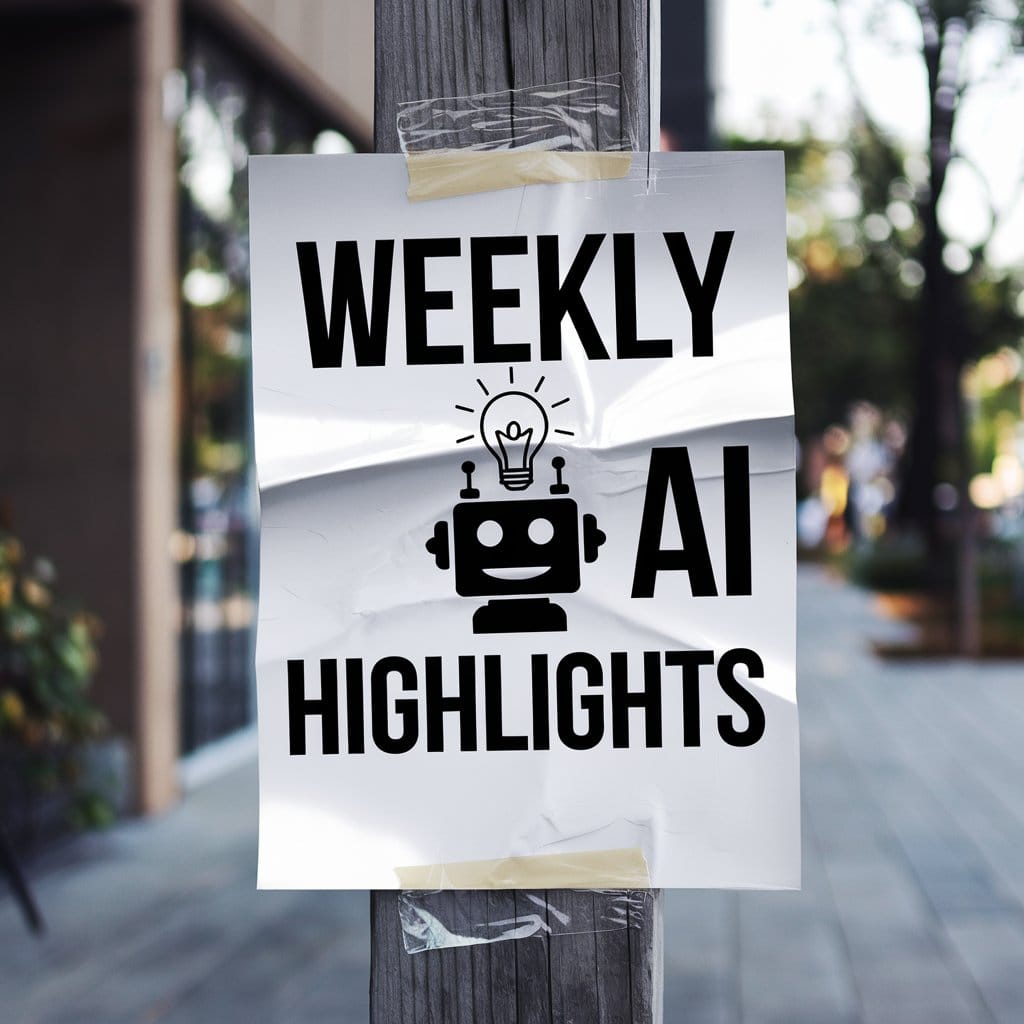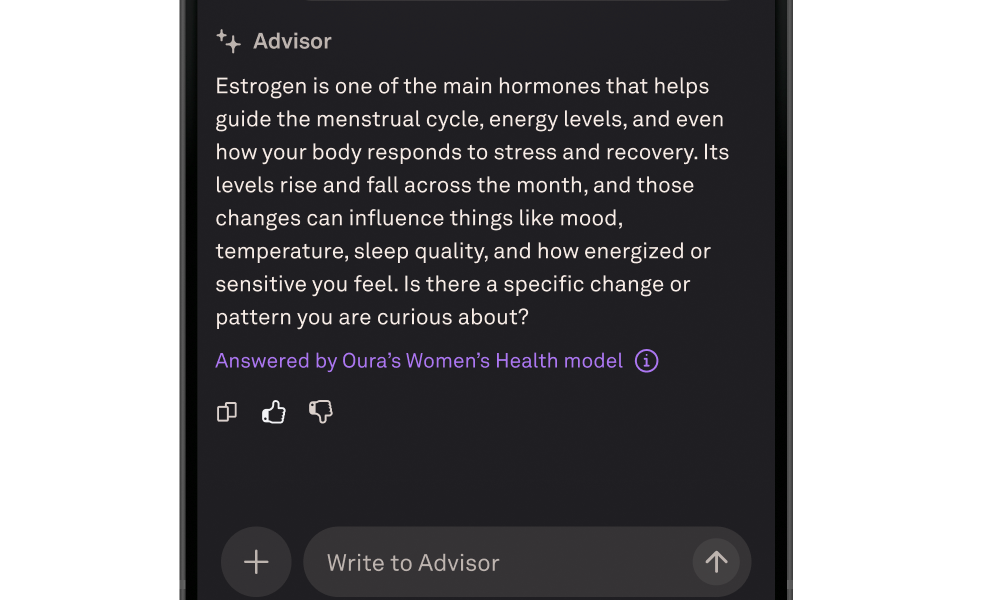Open AI has finally entered the web search market with this week's launch of ChatGPT search, a fine-tuned version of the company's new flagship model, GPT-4o. It is designed to provide natural language answers grounded on up-to-date information from relevant web sources, prioritizing OpenAI's multiple data partners. The company even released a Chrome extension that enables users to switch from Google to ChatGPT search as their preferred address bar search engine, sending a clear message about their intentions.

As is often the case with these services, OpenAI has also made a point to highlight the fact that ChatGPT search responses include inline citations and a panel containing links to the information sources. While it is true that these measures make it look like OpenAI is doing everything within its reach to encourage users to go beyond the chatbot's responses, it is still difficult to believe that the underlying message with ChatGPT search is that it will take you most of the way to your answer. If this weren't the case, why use them in the first place?
Regardless, it seems that specialized AI-powered search services aren't going anywhere. Perplexity AI, for instance, recently released a tracker for the US elections. Developed in collaboration with Democracy Works and the Associated Press, Perpelxity's election hub will "answer your election-related questions using a curated set of the most trustworthy and informative sources."

This is quite a brave move from the company, especially in the face of the mounting evidence showing that chatbots aren't very accurate when answering election-related queries, especially if they come from non-English-speaking users. In contrast with Perplexity's bold approach, OpenAI will redirect election-related queries directly to the Associated Press or Reuters. Similarly, Claude and Gemini will refuse to answer these kinds of questions.
In what has become almost standard procedure with Perplexity AI, their product launch was quickly eclipsed by more controversy. First, during a TechCrunch Disrupt 2024 interview, Perplexity's CEO Aravind Srinivas deflected answering how his company defines "plagiarism". Then, in what may be one of the CEO's most outrageous actions to date, Srinivas publicly offered his company's services to ensure The New York Times' election coverage given the imminent NYT's Tech Guild workers strike. Of course, the action was heavily criticized, with many calling Srinivas out for acting like a scab.
The Perplexity CEO later clarified that he did not mean his offer to be interpreted as replacing any human workers with Perplexity's services. Despite Srinivas' best efforts, it is quite difficult to give meaning to his words without implying that he would like to offer Perplexity's services to replace the NYT's Tech Guild Workers.
While Open AI launched the ChatGPT search model with a bang, and Perplexity AI got itself tangled in another PR disaster, Google quietly announced two search-related updates. First, the company announced a substantial expansion of its AI Overviews availability. The product is now available in over 100 countries and territories and supports additional languages, including Hindi, Indonesian, Japanese, Portuguese, and Spanish. The company announced it would continue to display in-line citations as well as a right-hand panel source list, as it had found that it was the optimal configuration to drive traffic to content publishers.
If the AI Overviews expansion to more locations is Google's mirror approach to products like ChatGPT search, where rather than enhance a chatbot with search, Google is enhancing its traditional search results pages with information organized by LLMs, then the new Grounding with Google Search feature is Google's attempt to get into the new hype of designing chatbots that can search the web.
Credit: Google
The Grounding with Google Search features enables developers to get more accurate, up-to-date responses from Gemini by giving it access to Google Search. With 'Grounding with Google Search', not only does Gemini increase its accuracy when answering queries that go beyond the models' knowledge cut-off date, but it can also provide in-line citations to the search results from which it extracted the information and 'Search Suggestions', which are links that take users to the search results pages relevant for their query.
TechCrunch Disrupt 2024 coverage
Another highlight this week was TechCrunch Disrupt 2024, a 3-day conference taking place on October 28-30 in San Francisco. We covered some of the events's most notable AI-related sessions, as well as a profile on the Startup Battlefield, Salva Health, whose portable diagnostics device for early breast cancer screening has a huge potential to impact the lives of millions of women.
Salva Health's screening device has the potential to bridge the breast cancer mortality gap: Salva Health, the 2024 TechCrunch Disrupt Startup Battlefield winner, is working towards eliminating the barriers to early breast cancer detection with Julieta; a portable and affordable AI-powered device that detects abnormalities in breast tissue without requiring radiation or internet access.
Sound Ventures confirms investment in World Labs as part of strategic AI investments: At TechCrunch Disrupt 2024, Ashton Kutcher and Sound Ventures leadership discussed their significant AI investments and vision, including a $265 million AI fund that has backed major players like OpenAI and Anthropic, while emphasizing their belief that AI will transform every company and industry.
Whether it's misinformation or disinformation, generative AI undoubtedly poses a challenge: At TechCrunch Disrupt 2024, a panel featuring executives from the Center for Countering Digital Hate, CITRIS Policy Lab, and Meta Oversight Board discussed AI's role in amplifying misinformation and disinformation, debating various regulatory approaches and technical solutions.
Does it matter whether we can define what counts as an open-source model?: The TechCrunch Disrupt 2024 panel featuring Allen Institute's CEO Ali Farhadi and Hugging Face's Irene Solaiman discussed open-source AI's potential to reshape the industry, addressing misconceptions about safety, the distinction between accessibility and open source, and regulatory challenges.
Why companies should start small with their data pipeline: At TechCrunch Disrupt 2024, tech leaders Chet Kapoor (DataStax), Vanessa Larco (NEA), and George Fraser (Fivetran) advised companies to start small with generative AI implementations, focusing on specific goals and immediate problems rather than attempting large-scale deployments.
Other headlines this week
Read AI raised $50M and launched the Read AI for Gmail Chrome extension: Read AI secured $50 million in Series B funding led by Smash Capital, with participation from Madrona and Goodwater Capital, in a round coming just 6 months after its $21 million Series A round, amid strong growth metrics of 100,000 new weekly accounts and 81% first-month retention.
Whisper, Open AI's speech recognition engine, was found to hallucinate by researchers: Despite OpenAI's claim of "near-human accuracy" for its open-source Whisper speech recognition system, recent research has revealed significant hallucination issues across multiple studies, raising concerns about its widespread use in sensitive applications.
Tabnine's new Code Review Agent supports enforcing organization-specific rules: Tabnine has launched an AI-powered Code Review Agent that learns and enforces team-specific coding standards while providing real-time feedback and automated fixes to improve code quality and security, thus reducing the manual burden of code reviews.







Comments